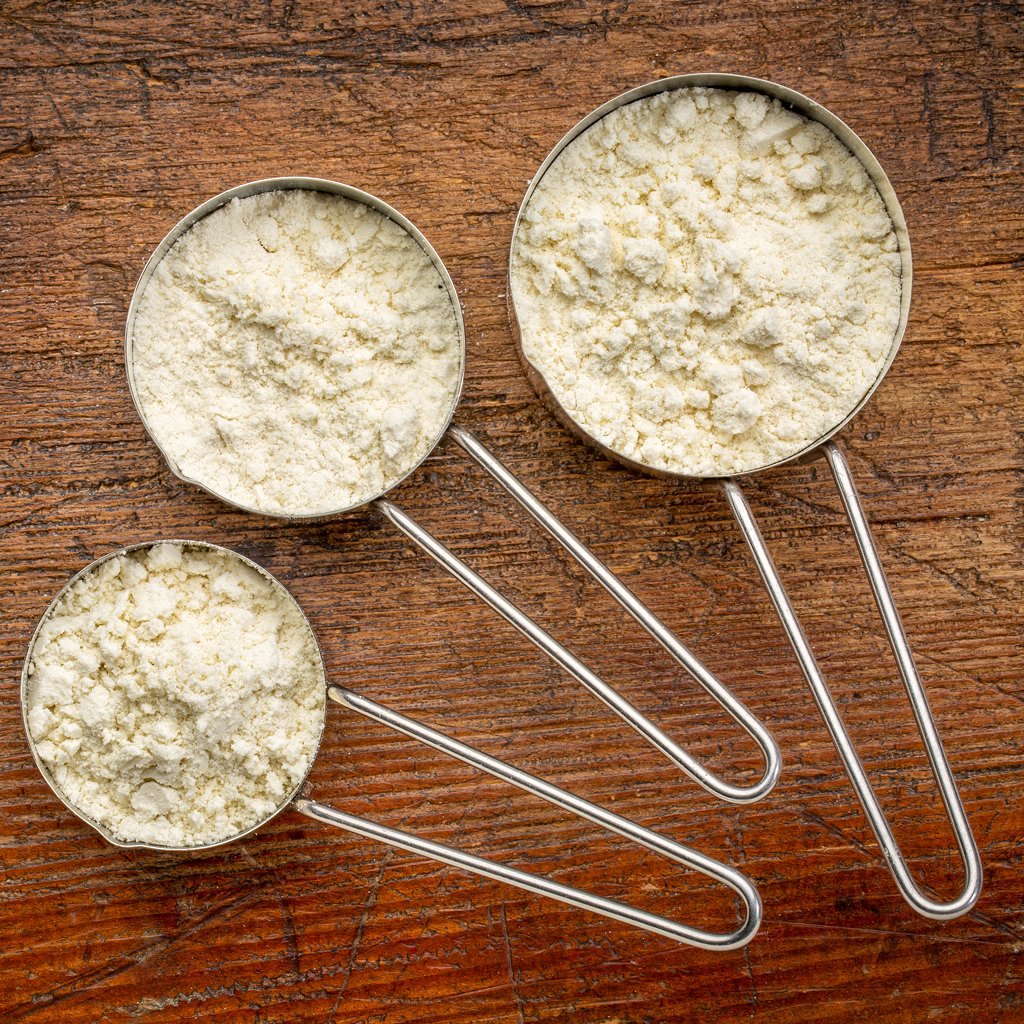Whey vs Plant Protein: Which Protein Supplement Is Right for You?

Are you struggling to find the right protein supplement for your journey to build and maintain a healthy lifestyle? With so many options out there, it certainly can be tough to make an educated decision. Two popular types of protein supplement types in the marketplace today are whey and vegan-friendly, plant-based proteins such as pea protein. If you are considering both – the great whey vs plant protein debate – but can’t decide what is right for you, then you’ve come to the right place.
Table of Contents
- How are Whey Protein Powders and Plant-Based Powders Made?
- Advantages and disadvantages of choosing whey or pea protein supplements for your diet
- So What Should You Pick: Animal or Plant-Based Protein?
How are Whey Protein Powders and Plant-Based Powders Made?
Whey protein is made via the draining of liquid milk through a filtration system. The material that is left after this draining process is known as whey protein concentrate, and is dried to form a variety of protein supplements you see on supermarket shelves. This concentrate contains varying degrees of the disaccharide lactose – the sugar present in milk – which contributes to the wide range of total calorie amounts in whey protein supplements.
Plant-based proteins are made in a variety of ways depending on the crop from which they are sourced. For example, pea protein is produced via the extraction of soluble pea protein from yellow split peas, followed by drying and rehydration of the produced pea flour. Thus, pea protein is completely plant based and is suitable for vegans, those with gluten intolerances, and individuals who must rely on a lactose-free or plant-based diet.
Here are the advantages and disadvantages of choosing whey or pea protein supplements for your diet:
1. SustainabilityUtilizing plant-based proteins instead of animal proteins is the more sustainable option. Most people don’t realize the extent to which land is harmed in the production of meat proteins. In fact, an article¹ released by Roquette reveals how the land requirements for animal protein production are 10 times greater than that required for plant-based proteins.
The amount of energy required for animal production has heavily contributed to pollution and global warming via deforestation, overgrazing, and overfishing. Therefore, you can see how choosing plant- based proteins such as Nuzest’s Golden Pea Protein , may significantly help to promote sustainability for ourselves and future generations.
2. Amino AcidsIn order to maintain a healthy lifestyle, our bodies require that we consume all nine essential amino acids in our diets. Both animal- and plant-based protein supplements contribute to meeting one’s daily recommendations for amino acid consumption.
This is especially crucial when it comes to refueling post-workout. Consuming protein from either plant-based or animal sources post-workout promotes the repair and strength of muscle and body tissues. Whey protein in particular provides high levels of Branched Chain Amino Acids (BCAAs), which our bodies utilize to strengthen lean muscle tissue both during and after exercise sessions. Whey protein is also a valuable source of leucine, an essential amino acid that is crucial to muscle protein synthesis and growth.
Pea protein provides an array of essential amino acids as well, most commonly isoleucine, valine, arginine, and lysine. Nuzest Clean Lean Protein, a high-quality, premium golden pea protein isolate is a 100% vegan protein that contains all the essential amino acids. Thus, choosing either whey protein or v egan pea protein will provide your body with the essential amino acids it needs to restore those muscles after your workouts and maintain a healthy lifestyle!
3. Calories
Protein supplements can vary tremendously when it comes to calorie content. This is due, in part, to the additives and fillers that companies add to their products in order to give consumers the desired taste and level of sweetness.
We use only premium European Golden Peas in our plant-based protein powders. Visit our Clean Lean Protein page for uses, customer reviews, and nutrition information.
In general, plant-based and vegan proteins tend to be lower in calories per serving than animal-based protein supplements. Nuzest’s Golden Pea Protein has approximately 90 calories per serving, whereas a typical serving of whey protein has between 100 and 150 calories per serving.
4. Absorption and DigestibilityWhey protein can be difficult for many people to digest. This is shown through side effects such as abdominal pain, bloating, and fatigue. However, plant-based protein is known to be easier on our digestive symptom due to the absence of milk-derived ingredients. Nuzest’s pea protein has a 98% digestibility rating, making it an ideal option for fueling one’s body throughout the day without having to worry about digestive complications.
5. Vegan, Gluten-Free, Lactose Intolerant?For anyone following a vegan diet, facing gluten sensitivities or having to steer clear of lactose, a pea protein supplement is an ideal option for you! Nuzest’s Clean Lean Protein is free from animal products and byproducts and is a 100% plant-based protein. It also contains no gluten, dairy, soy, nuts or eggs. It is even free of fillers, additives, and preservatives!
Whey protein, on the other hand, is animal based, as lactose from dairy milk is used as the base to form the whey protein concentrate. Thus, individuals who are plant based, vegan or lactose intolerant should avoid using whey protein supplements.
So, What Should You Pick: Animal or Plant-Based Protein?Overall, many factors play into deciding which type of protein supplement is right for you. We are all on our own journeys in life, with different goals in mind when it comes to our health and wellness. By comparing the above advantages and disadvantages of plant-based and animal-based protein supplements (such as whey), you can find a protein supplement that will help you on your journey!
References
- http://www.roquette-food.com/white-papers/benefits-of-vegetable-proteins-for-athletes-and-active-adults/









